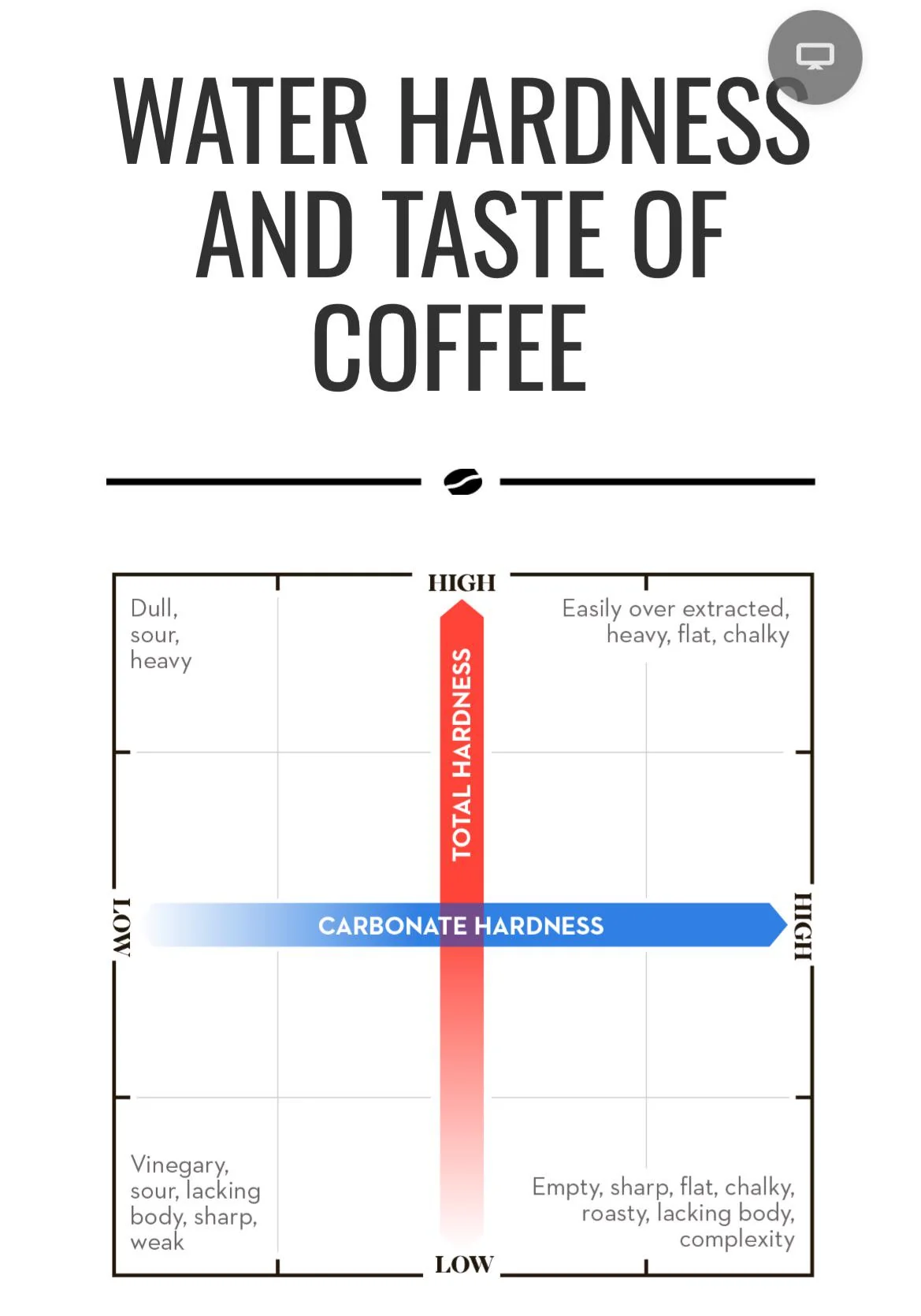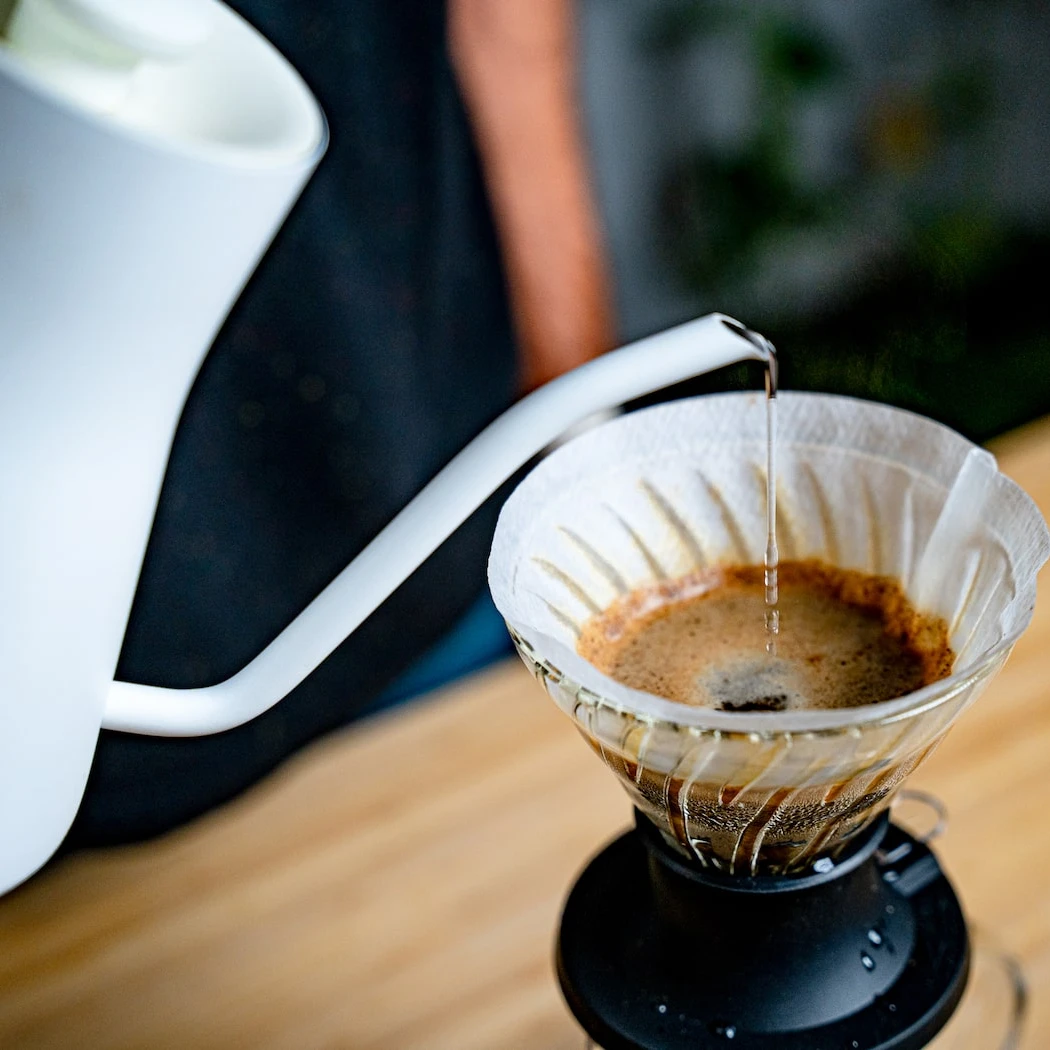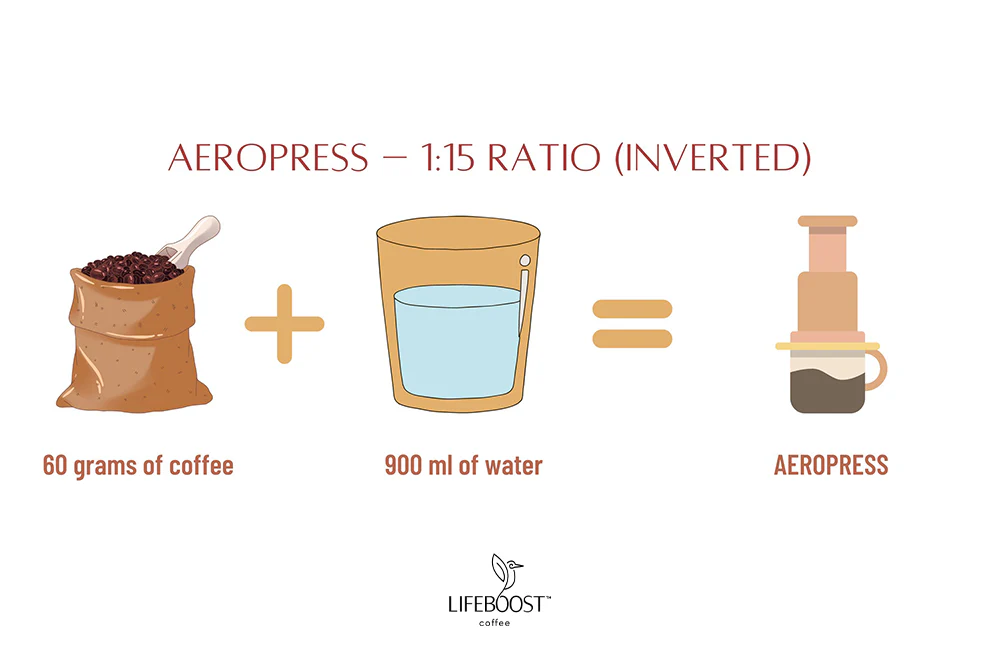The Impact of Water Quality on Your Coffee
The Impact of Water Quality on Your Coffee

The Impact of Water Quality on Your Coffee
Water makes up more than 98% of your brewed coffee, yet it's often the most overlooked ingredient. The mineral content, pH level, and overall quality of your water dramatically influence the extraction process and final taste of your coffee.
The Ideal Water Composition
The Specialty Coffee Association (SCA) has established standards for water used in coffee brewing:
- Total Dissolved Solids (TDS): 150 ppm (acceptable range: 75-250 ppm)
- Calcium Hardness: 4 grains or 68 ppm (acceptable range: 1-5 grains)
- Total Alkalinity: 40 ppm (acceptable range: 40-70 ppm)
- pH: 7.0 (acceptable range: 6.5-7.5)
- Sodium: 10 ppm (acceptable range: 5-30 ppm)
- Odor: Clean, fresh, odor-free
- Chlorine: 0 ppm
How Water Affects Extraction
Mineral Content
-
Calcium and Magnesium: These minerals are excellent at binding with coffee compounds and extracting flavor. Too little, and your coffee will be under-extracted and sour; too much, and it can over-extract and taste bitter.
-
Bicarbonate (Alkalinity): Acts as a buffer and neutralizes acids in coffee. High alkalinity water results in flat, dull coffee because it neutralizes the bright, fruity acids that give specialty coffee its character.
pH Level
While neutral water (pH 7) is ideal, slightly alkaline water tends to make coffee taste flat, while slightly acidic water can enhance brightness but might mask other flavors.
Common Water Problems
Hard Water
Water with high mineral content, especially calcium and magnesium, can:
- Create scale buildup in your equipment
- Lead to over-extraction and bitterness
- Enhance body but potentially mask subtle flavors
Soft Water
Water with low mineral content can:
- Result in under-extraction and sourness
- Produce weak, thin-bodied coffee
- Fail to bring out the full flavor potential
Chlorinated Water
Chlorine can:
- Impart off-flavors and odors
- React with organic compounds in coffee
- Easily be removed by filtering or boiling
Solutions for Better Water
-
Filtered Tap Water: A simple carbon filter (like Brita) can remove chlorine and some impurities, but doesn't address mineral content.
-
Bottled Water: Not all bottled waters are created equal. Look for brands with TDS between 150-200 ppm.
-
Third Wave Water: These mineral packets can be added to distilled water to create the ideal brewing water.
-
Home Water Treatment: Systems like reverse osmosis with remineralization provide complete control over your water composition.
Testing Your Water
Before investing in expensive treatment options, consider testing your tap water to understand its current composition. Water test kits are affordable and provide valuable information about what you might need to adjust.
Remember, the perfect water for coffee brewing is not necessarily the purest water—it's water with the right balance of minerals to extract the best flavors from your beans. By paying attention to this crucial ingredient, you can dramatically improve your home brewing results.
About the Author
Water Specialist is a coffee enthusiast and brewing expert with a passion for sharing knowledge about the perfect brew.

